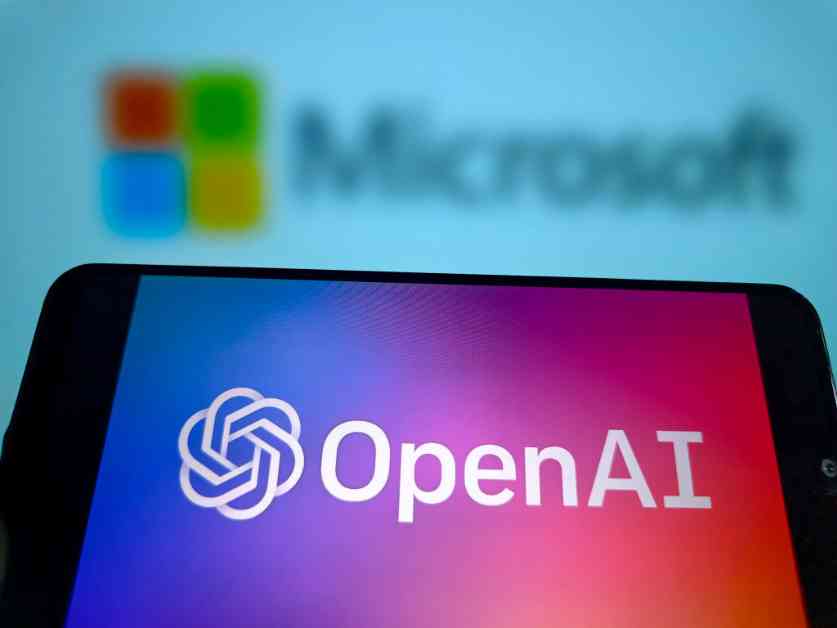The New York Times recently reported on the strained relationship between OpenAI and its investor, Microsoft. The five-year partnership between the two tech giants has hit a rough patch due to financial pressures on OpenAI, limited computing resources provided by Microsoft, and disagreements over operational guidelines.
One of the most intriguing aspects of this situation is a clause in the contract between OpenAI and Microsoft. According to reports, this clause stipulates that if OpenAI develops artificial general intelligence (AGI) – an AI system that can match human intelligence – Microsoft will lose access to OpenAI’s technology. This measure is intended to prevent any potential misuse of the technology by Microsoft.
However, determining when AGI has been achieved is not a straightforward process. OpenAI’s board holds the authority to make this decision, and CEO Sam Altman has acknowledged that defining the moment of AGI’s arrival is subjective. Altman has previously mentioned that as technology advances, the distinction between human intelligence and AGI will become increasingly blurred, leading to a gradual transition rather than a clear-cut milestone.
The complexities of AI development and the potential implications of achieving AGI raise important questions about the ethical and practical considerations of such technology. As companies like OpenAI and Microsoft navigate their relationship in this rapidly evolving landscape, it is crucial to address these challenges with transparency and foresight.
It is essential for stakeholders in the tech industry and beyond to engage in meaningful discussions about the responsible development and deployment of AI technologies. By fostering collaboration and establishing clear guidelines, we can ensure that advancements in AI benefit society as a whole while minimizing risks and ethical concerns.











